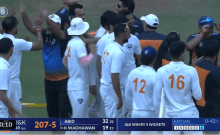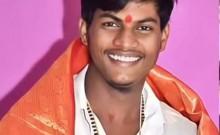The Supreme Court on Wednesday announced its verdict on the historic case over the power-sharing arrangement in Delhi. Following an appeal by Chief Minister Arvind Kejriwal over a verdict by the Delhi High Court, the apex court gave its verdict today after the case was first heard in November 2017.
In a landmark verdict, the Supreme Court said that the Lieutenant Governor of Delhi Anil Baijal cannot act independently and must take the "aid and advice" of the Council of Ministers. Following this, CM Kejriwal called the verdict as a "victory of democracy."
Delhi BJP responds to SC verdict
- The Delhi wing of Bharatiya Janata Party welcomed the Supreme Court verdict on the power tussle issue and said that AAP should now shun its "political demand" seeking full statehood for Delhi.
- Delhi BJP spokesperson Praveen Shankar Kapoor said that the SC verdict has now "decided" that Delhi is indeed an Union Territory, hence, the ruling party should stop asking for full statehood.
- BJP leader Subramanian Swamy also weighed in on the SC verdict and said that L-G should now respect the decisions made by the state government and should only oppose if those decisions are unconstitutional or anti-national.
- Swamy said: "Yes, what the SC said is correct that the L-G must respect Delhi Cabinet decisions, but if any anti-national security or anti-constitutional decision is taken, which they are capable of taking, as they are Naxalite type people, then the L-G can oppose."
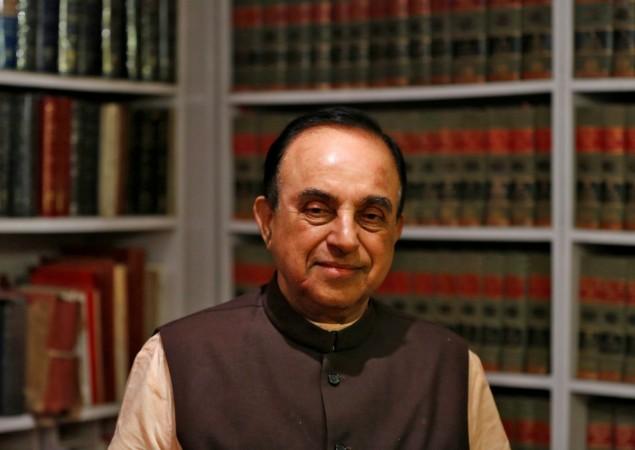
Other responses
- Deputy Delhi CM Manish Sisodia lauded the SC verdict, stating that the L-G had been slowing down the development process in Delhi
- Former Delhi chief minister Sheila Dikshit reacted to the verdict and said: "I think what the SC has said is very clear. As per Article 239 (AA) of the Constitution, Delhi is not a state, it is a Union Territory. If the state government and L-G don't work together, then Delhi will face problems," reports ANI
- Indira Jaising, the lawyer for Delhi Government, tweeted: "The victory today belongs to the people of Delhi and the spirit of the Constitution. This is how a true Constitutional Court functions. All five of them rose to the occasion and reinforced our democratic rights. People are sovereign, they said"
- CM Kejriwal is set to meet the cabinet ministers at his residence around 4 pm
- He intends to discuss critical projects of public importance which were blocked so far
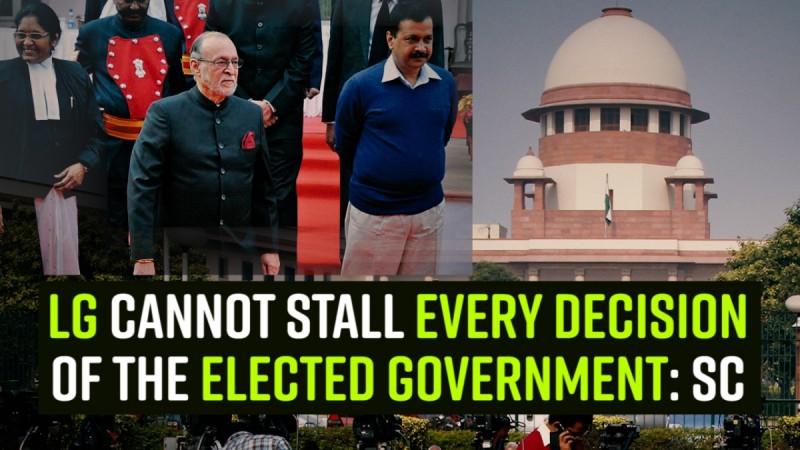
The verdict
- Chief Justice Deepak Mishra said that "the state and Union must be healthy, the two must collaborate and take decisions in consonance of the Constitution."
- The Lt. Governor cannot take decisions independently but must work with the council of ministers, likewise, it directed the council to inform the LG of its decisions, adding that they need not concur with the LG on all decisions.
- The Supreme Court has said that Delhi is not a full state and that the L-G has no independent power, adding that the status of the LG in Delhi was not similar to that of governors in other states.
- The Parliament can make laws regarding the governance of Delhi, as well as the state government.
- Neither state nor LG should feel lionized, but realise they are serving Constitutional obligations said the CJI, adding "There is no space for absolutism or anarchy in our Constitution."
- The unanimous verdict said that real power lies with the council of ministers in Delhi, adding "The Delhi government has the power to legislate on all issues except land, police and public order, as per provisions in the Constitution."
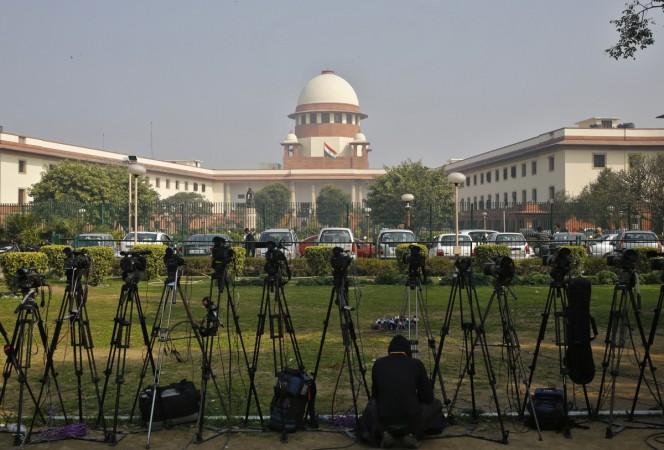
Kejriwal tweeted that he will be meeting Cabinet ministers this evening to discuss the projects that were stalled during the power tussle.
Called a meeting of all Cabinet Ministers at 4 pm at my residence to discuss critical projects of public importance which were blocked so far.
— Arvind Kejriwal (@ArvindKejriwal) July 4, 2018
The Supreme Court judgment is victory for the people of Delhi, for democracy and for the Constitution. Congratulations, Kejriwalji.
— Yashwant Sinha (@YashwantSinha) July 4, 2018
A big victory for the people of Delhi...a big victory for democracy...
— Arvind Kejriwal (@ArvindKejriwal) July 4, 2018
I congratulate @ArvindKejriwal on the glorious victory of people of Delhi and the elected govt in the Supreme Court today,ultimately truth and the will of people has prevailed. Our salute to Supreme Court for upholding democracy that was being undermined by d Bjp thru d LG-khaira
— Sukhpal Singh Khaira (@SukhpalKhaira) July 4, 2018
Government of Delhi has been restored.
— Raghav Chadha (@raghav_chadha) July 4, 2018
Democracy in Delhi has been restored.
Democratic rights of people of Delhi have been restored.
Thank you, SC.
Delhi's power tussle
In August 2016, the Delhi HC stated that the Lt. Governor is the administrative head of the national capital, which was challenged by the Aam Aadmi Party (AAP) who said that the Delhi government had both legislative and executive powers. It went on to call AAP's challenge that the LG is supposed to act on the advice of the council of ministers as "without substance".
The case in the Supreme Court was heard by a five-member bench comprising of Chief Justice Deepak Mishra, Justices A K Sikri, A M Khanwilkar, D Y Chandrachud and Ashok Bhushan.
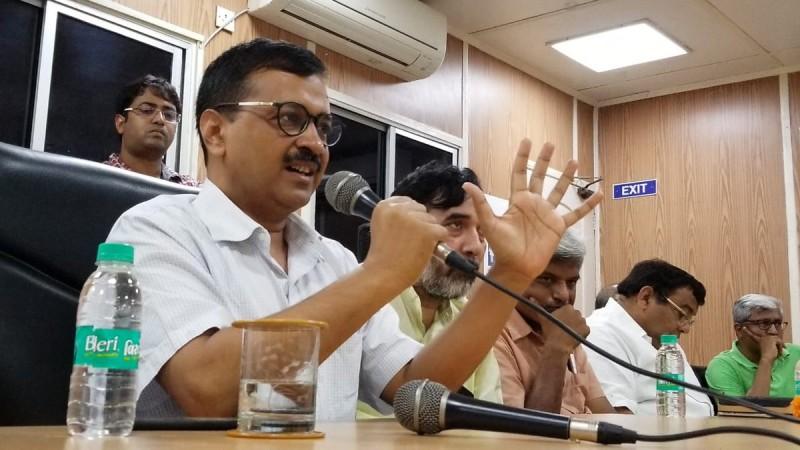
Lawyers for AAP argued that the LG had been taking executive decisions, causing confusion over the role of the LG in Delhi. The party argued that the LG was loosely interpreting Article 239AA of the Constitution, which deals with the power and status of Delhi. It said that a "harmonious interpretation" was needed to fulfill the mandate of the Delhi government.
In response, the Centre contended that the Delhi government cannot have "exclusive" executive powers, saying it would go against national interests. Lawyers referred to the 1989 Balakrishnan committee report that dealt with why Delhi could not be granted full statehood.
During the hearings in 2017, the apex court has made it clear that it would only look at and lay down the status of administration of the national capital as per the Constitution, it's verdict would in no way deal with individual notifications issued by the Delhi government on issues like mohalla clinics.
[ With inputs from IANS ]







